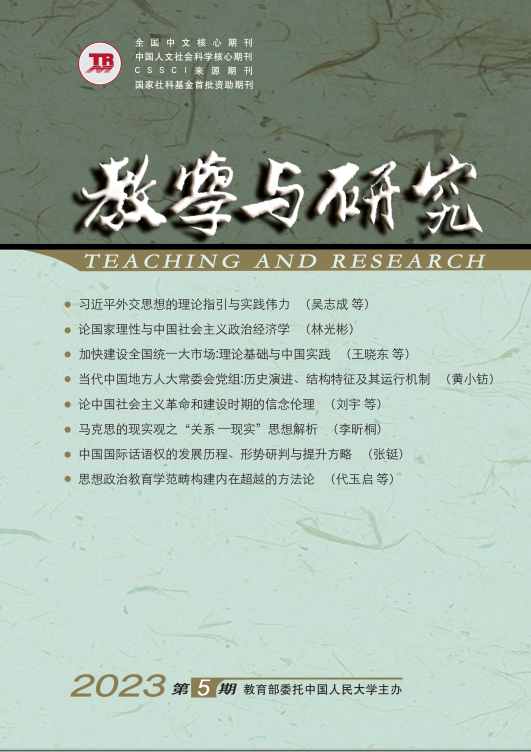Since the 18th National Congress of the Communist Party of China (CPC), the Party Central Committee with Comrade Xi Jinping at its core has gained profound insight into the major trends of China's and the world's development in the new era and established Xi Jinping Thought on Diplomacy, which has opened up a new realm of Marxist diplomatic theory and provided a scientific guide for pursuing majorcountry diplomacy with Chinese characteristics on all fronts. Under the guidance of Xi Jinping Thought on Diplomacy, the Chinese diplomacy has effectively responded to grave, intricate international developments and a series of immense risks and challenges, created a favorable international environment for realizing the Chinese dream of the great rejuvenation of the Chinese nation, achieved a historic leap as regards China's relations with the world, and made an important contribution to promoting world peace and development. The 20th National Congress of the CPC has further enriched and developed Xi Jinping Thought on Diplomacy, depicted a grand blueprint for pursuing majorcountry diplomacy with Chinese characteristics on all fronts in the new era, and made new strategic plans for promoting the development of a community with a shared future for mankind. Majorcountry diplomacy with Chinese characteristics will surely continue to create new historical glory and make new and greater contributions to promoting the building of a better future for mankind.



